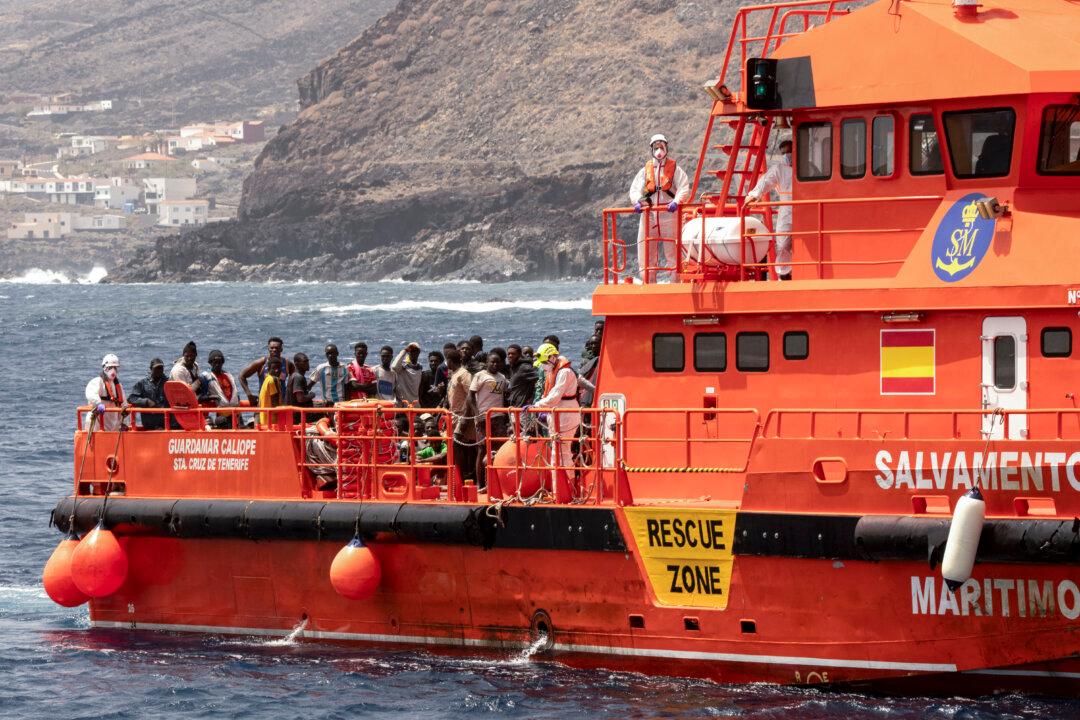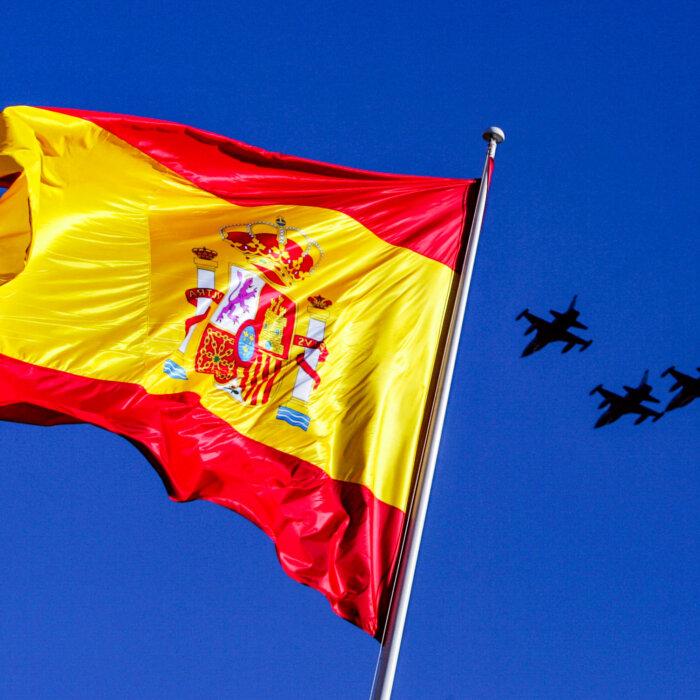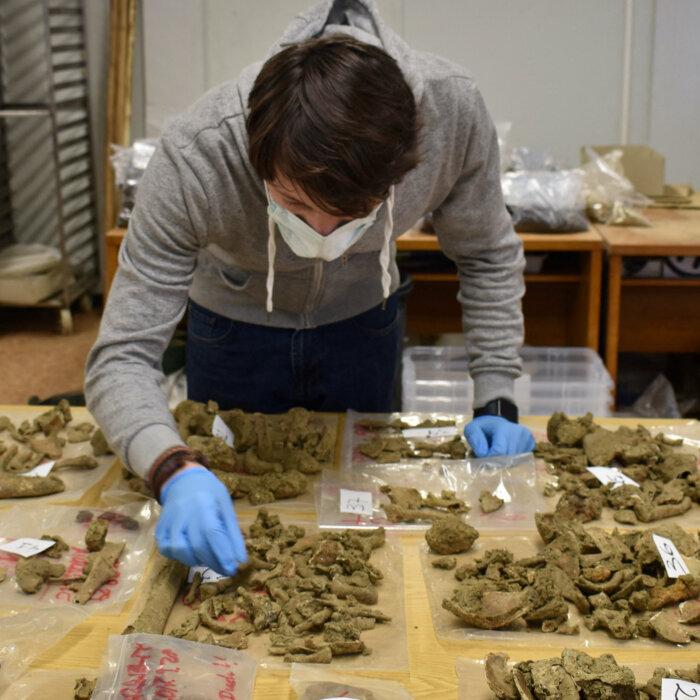Spanish Prime Minister Pedro Sánchez announced a raft of agreements with Mauritania on Aug. 27 in an effort to slow the flow of migrants crossing the Atlantic Ocean from the coast of West Africa to the Canary Islands as they try to reach European soil.
Sánchez is on a three-day tour of the region to reinforce bilateral relations with Mauritania, Senegal, and Gambia.
The three countries are being used as launching points for the majority of migrant boats sailing for the Canaries, which are just 67 miles from the African coast at their nearest point.
They have been used as a stepping stone for migrants trying to reach continental Europe and have seen more than 22,000 people arrive by boat since January, more than double the number of illegal arrivals for the same period last year, according to the Interior Ministry in Madrid.
Speaking alongside Mauritanian President Mohamed Ould Ghazouani in the capital Nouakchott, Sánchez said Spain will expand its circular migration program, which allows immigrants to come to Spain temporarily to work in areas such as agriculture, to Mauritanians and renew cooperation between the two nations’ security forces to combat human smuggling and trafficking networks.
“Despite the rhetoric that is growing in Europe, migration is not a problem,” he said, noting that Spain needed immigrant workers to help in the aging Spanish society.
“It is a need that involves certain problems, and for this we must push formulas that allow us to manage the phenomenon of migration in a humane, safe, and orderly way, to benefit our respective societies.
“Until not long ago Spain was also a country of migrants. ... They aspired to better lives, much like those who take great risks and take on this dangerous adventure.”
Among those making it to the Canaries are thousands of Malians fleeing violence and instability in the Sahel region that has been raging since 2012, as well as mainly young men from Senegal, Mauritania, and other West African nations who are seeking economic opportunities in Europe.
A recent increase in unaccompanied teenagers and children traveling to the Canaries has overwhelmed the local government’s care capabilities, and Spanish authorities say they are bracing for even more arrivals in autumn when sailing conditions in the region improve.
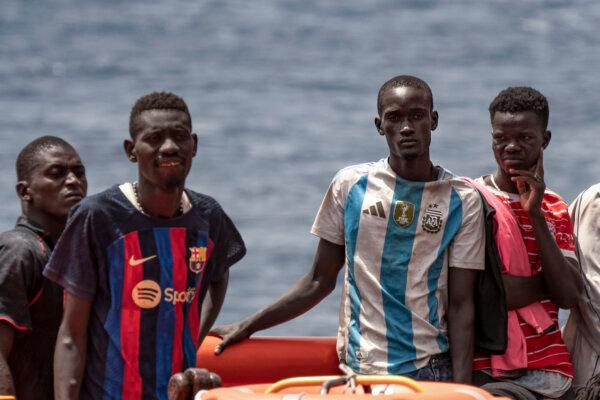
This is the second visit Sánchez has made to Mauritania this year.
In February, he traveled to the country alongside European Commission President Ursula von der Leyen and announced 210 million euros ($235 million) to help the largely desert country curb migration.
Seen as a beacon of stability in the volatile and violent region, Mauritania hosts about 200,000 Malian refugees on its border.
Ghazouani, who was reelected in June, thanked Sánchez for Madrid’s “constant availability to develop [the] country” and seek regular migration pathways for its citizens.
The leaders said their governments would hold another high-level meeting in Mauritania in early 2025.
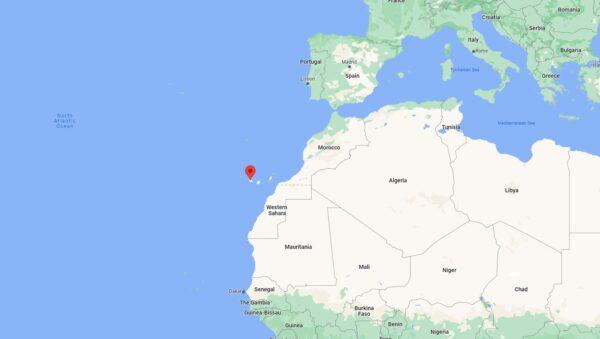
In addition to the migration and security agreements, Spain launched a Spanish-Mauritanian business council to boost investments and announced that it would open a branch of the Cervantes Institute in Mauritania to promote Spanish language and culture.
“Africa will continue being a priority for Spain’s foreign policy,” Sánchez said.
His visit to Africa comes just days after thousands of people attempted to cross the border from Morocco to the Spanish enclave of Ceuta, including hundreds of youth who tried to swim their way around controls.
Videos broadcast on news channels in Spain over the weekend showed Spanish police intercepting would-be illegal immigrants in the water at night amid a thick fog, as well as in broad daylight, struggling to separate the new arrivals from crowds of people visiting the beach.
Cristina Pérez, the Spanish government’s representative in Ceuta, an autonomous Spanish city on the northern coast of Africa bordered by Morocco, said on Aug. 26 that since Aug. 22, an average of 700 people had attempted to breach the border daily, with a peak of 1,500 attempts on Aug. 25. She did not say how many had succeeded.
